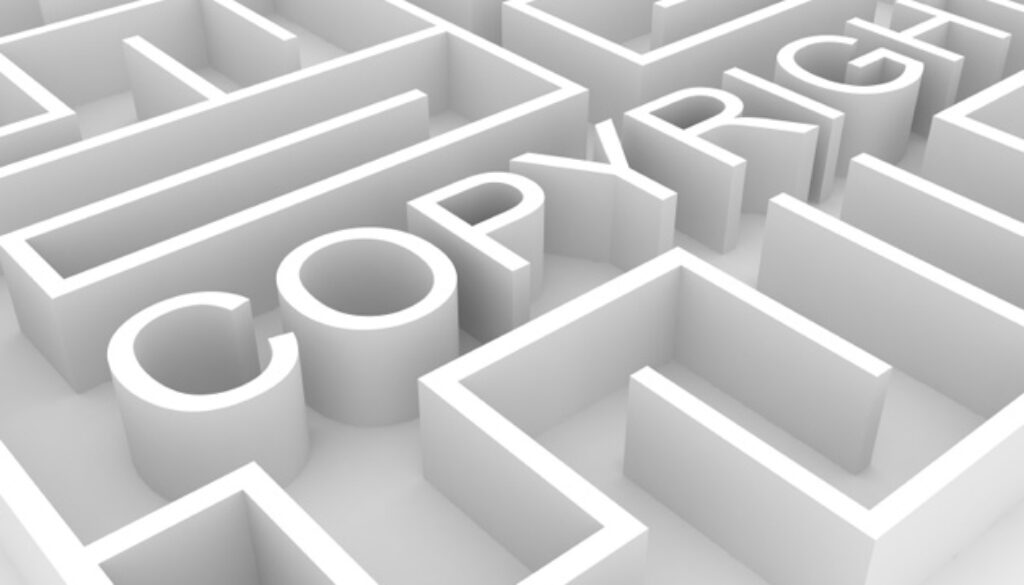SOPA and PIPA Post-Mortem: What Would Work?
The controversial Stop Online Piracy Act (SOPA) and Protect Intellectual Property Act (PIPA) are, it seems, dead. After raising concerns about the effects of the bills on websites of all types and a widespread blackout protest, opponents of the bills successfully convinced legislators to withdraw their support, and ultimately the sponsors withdrew the bills.
The bills’ opponents claimed that they would destroy the internet. They said that it would cause search engines to have to shut down, kill startup businesses that cannot possibly monitor their content as the bills would have required, and that mere linking could get an entire site shut down.
The bill’s proponents are difficult to find this week, but they are furious. They claim that the bills would have protected content creators in unprecedented ways, and that the opponents have business models built on infringement.
What is a content creator to think? On the one hand, most creative entrepreneurs know that they need to protect their intellectual property. Many have had a frustrating run-in with a larger company that infringes on their content and refuses to stop, mainly because of who can afford to pay for legal costs. It would be immensely satisfying to be able to stop those infringers cold by shutting down their entire website. On the other hand, many small businesses rely on the very websites that claimed their existence was threatened by SOPA and PIPA: search engines, aggregation sites, shop hosting sites. It is difficult to build a business around having the top Google results in your area if Google has been taken offline for directing traffic to pirating sites.
What might work instead? Perhaps a SOPA-like system could exist, keeping content creators who believe their works are subject to a great deal of piracy happy, but only in concert with a more rigorous registration system. Under the current copyright regime, copyright exists in a given creative work at the moment it becomes fixed in a tangible medium of expression: when it is written, when it is recorded, when it is hewn into stone. Both nationally and internationally, orphan works and multiple ownership cause headache after headache, making it very difficult for people to find all owners necessary to give permission for using a particular work. The problems caused by these issues are only amplified in an environment where a company could unknowingly be hosting copyrighted content that was posted in good faith by a user who believed that the work was in the public domain.
However, if content creators were required to register their copyrighted works in a searchable and crawlable database (the Copyright Office’s current searchable database is insufficient, going back only to 1978) to obtain the protections of a bill similar to SOPA, two birds could be killed with one stone: the lack of notice and lack of ability to find owners of copyrights could be dramatically cut back, and content creators could be assured of better protections. And it could spring up an entire cottage industry of bot creation whose sole purpose is to help innovators ensure that the content posted to their sites does not match anything in the Copyright database.
This system would, of course, create some controversy. People and companies who have already registered their works might cry foul for being forced to re-register them to obtain the protections of copyright law. On the other hand, there are orphan works even among registered works: copyright registrations are often not transferred properly at the death of an author whose family may be unaware of, or simply not care about, his copyright works. In other cases, companies are disbanded and their assets are never properly disposed of for one reason or another.
To be fair to both groups (those subject to the SOPA-like regulations and those who create the content), perhaps the best route would be to allow current copyright holders to port their own registrations over to the new system at no charge. For owners of older copyrights that are not in the Copyright Office online database, a small fee could be charged for the expense associated with verification and formatting. For those who have not yet registered copyright, the option to include the new work in the SOPA database could be part of the copyright registration process—for an additional fee.
In a world where technology makes it quick and simple to share, and where changes in the medium far outpace our ability to preserve old media (how many floppy disks do you still have?), copyright law begins to look like a dinosaur. If it is to remain relevant, it must adapt.
What do you think? What is the best way to protect content creators without stifling innovation?

